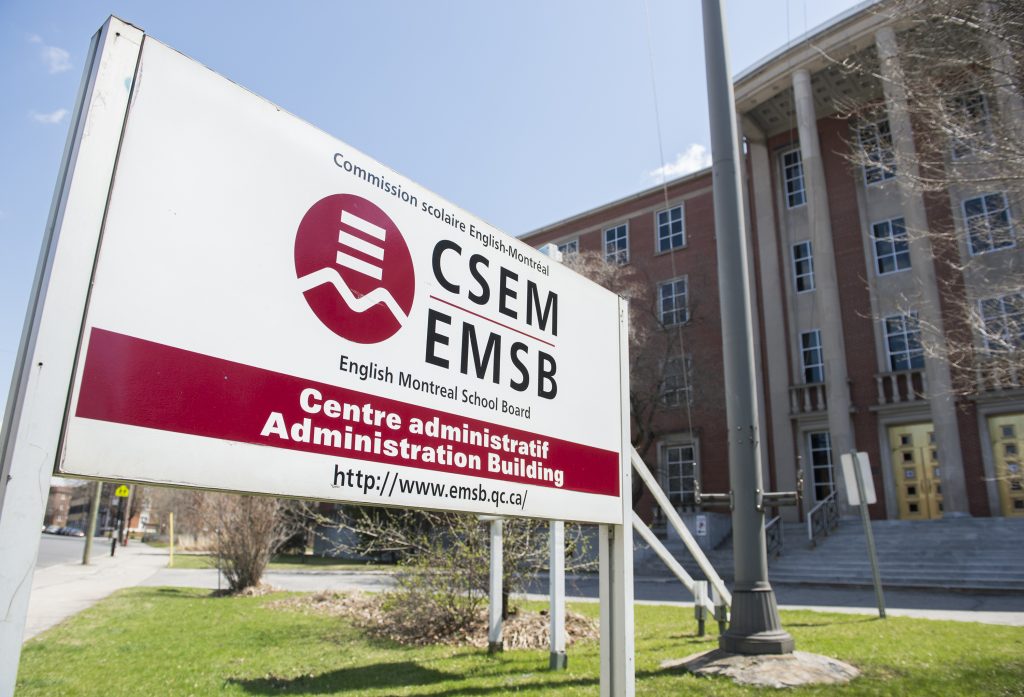EMSB on Bill 96: ‘We’re not a threat, we’re an asset’

Posted June 16, 2022 2:42 pm.
Last Updated June 16, 2022 2:56 pm.
The English Montreal School Board (EMSB) officially deposed its legal challenge against Bill 96 in superior court earlier this month.
Chair Joe Ortona says that if the board doesn’t fight, the Quebec government will continue to erode the rights of the English-speaking community.
“Bill 96 is worrisome because what the bill is essentially going to do is going to reduce the services that Quebecers can receive in English,” he said. “Looking at healthcare services, it’s also going to hurt education. When you look at an English-language school board that should be functioning in English that now has to function internally in French, that just doesn’t make sense.”
RELATED:
- Sir Wilfrid Laurier School Board joins EMSB’s legal fight against Bill 96
- What does it mean to be a historic anglophone, according to Bill 96?
- EMSB officially deposes legal challenge to Bill 96
English-speaking concerns are many
Under Bill 96, English-language school boards will be required to use French, or both French and English together, in a wide range of internal written communications and documents.
The board’s concerns go beyond education.
“Bill 96 is going to have severe consequences,” says Ortona. “Look at healthcare, for example. The government says English services won’t be affected, but there are going to be hiring less nurses and less doctors without the criteria of being bilingual, so if there’s going to be less of them the services will be diminished.
“That’s a serious consequence for English-speaking Quebecers. The OQLF can also go into a place of business and they can confiscate phones, computers, and documents without a warrant and they can do so in violation of your civil liberties. And as a society it’s always been important that we respect these civil liberties and that the government and the law respect these liberties. Bill 96 overrides that.”
In the lawsuit, the EMSB says Bill 96 violates the Canadian constitution in at least three ways and directly interferes with the governance of English schools.
Bill 96 tackles a non-existent problem
“Bill 96 addresses a problem that essentially doesn’t exist,” he says. “If you look at the Italian community, it has the privilege of speaking three languages in Quebec. We’ve long accepted that French is the common language. Even though we send our children to English schools, they learn in French immersion and bilingual programs.
“I speak French. I speak French at work, in my community, wherever I go, in any business I go into, I’m fully functional in French. But there’s always this sense that the French language is under threat. We’ve gone through these language debates and we chose to stay, so we accept that French is the common language. We’re not a threat to the common language, we’re an asset.”
Arguments in the case are not expected to be heard in court for at least a year.








